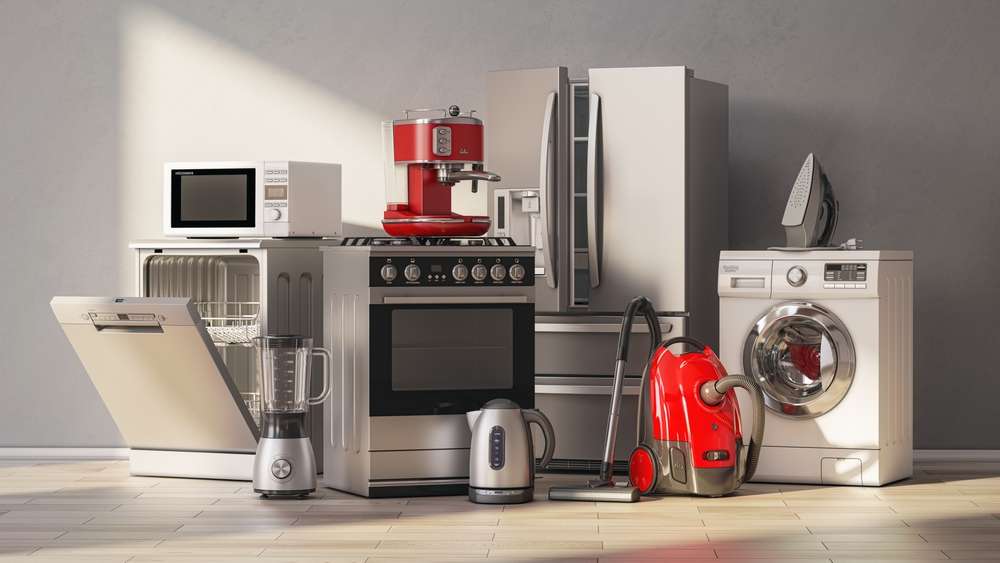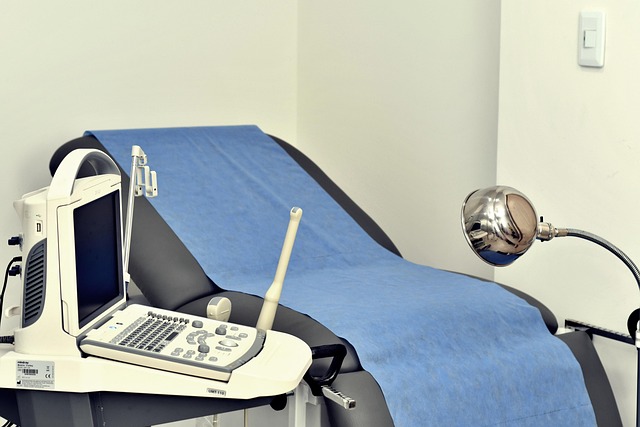A Beginner's Guide to Common Kitchen Appliances and How They Work
Kitchen appliances make cooking and preparing food easier. From mixers to blenders and toasters, each appliance has a special purpose. Learning how they work can help you choose the right tool for your meals and understand everyday cooking better....

What are the essential kitchen appliances for beginners?
For those new to cooking, certain appliances are considered fundamental. These include a refrigerator, stove, oven, and microwave. A refrigerator keeps food fresh by maintaining a cool temperature, typically between 32°F and 40°F (0°C to 4°C). Stoves provide heat for cooking on the surface, while ovens offer enclosed heat for baking and roasting. Microwaves use electromagnetic waves to heat food quickly, making them ideal for reheating leftovers or cooking simple meals.
How do common small kitchen appliances work?
Small kitchen appliances are versatile tools that can significantly enhance your cooking capabilities. Blenders, for instance, use rapidly spinning blades to puree, mix, or liquefy ingredients. Food processors work similarly but offer more versatility with interchangeable blades for chopping, slicing, and shredding. Electric kettles heat water quickly using an internal heating element, while toasters use electrical resistance to brown bread slices. Understanding these mechanisms can help you utilize these appliances more effectively in your daily cooking routines.
What are the benefits of using home kitchen equipment?
Incorporating various kitchen appliances into your cooking routine can offer numerous advantages. Time-saving is a significant benefit, as appliances like pressure cookers can reduce cooking times dramatically. Energy efficiency is another advantage, with modern appliances designed to use less electricity or gas. Additionally, kitchen equipment can help improve the consistency and quality of your cooking. For example, stand mixers ensure thorough mixing for baked goods, while slow cookers provide even, low-temperature cooking for tender meats and flavorful stews.
How can beginners choose the right cooking tools?
Selecting the right cooking tools as a beginner involves considering your cooking habits, kitchen space, and budget. Start with versatile appliances that serve multiple purposes, such as a multi-cooker that can pressure cook, slow cook, and sauté. Consider the frequency of use – if you enjoy smoothies daily, investing in a quality blender might be worthwhile. Kitchen size is also crucial; compact appliances are ideal for small spaces. Additionally, look for appliances with intuitive controls and easy-to-clean features to make your cooking experience more enjoyable and less daunting.
What are the most useful small kitchen appliances for everyday cooking?
Several small kitchen appliances prove invaluable for everyday cooking tasks. A coffee maker is essential for many, providing a consistent brew each morning. Toaster ovens offer versatility, able to toast, bake, and broil small portions efficiently. Immersion blenders are handy for pureeing soups directly in the pot or making quick smoothies. Electric can openers simplify the process of opening canned goods, while rice cookers ensure perfectly cooked rice with minimal effort. These appliances can significantly streamline daily meal preparation, making cooking more accessible and enjoyable for beginners.
How do kitchen appliances contribute to energy efficiency in the home?
Modern kitchen appliances are designed with energy efficiency in mind, contributing to reduced energy consumption and lower utility bills. Energy-efficient refrigerators use advanced insulation and compressor technologies to maintain optimal temperatures while using less electricity. Induction cooktops heat pans directly through electromagnetic fields, reducing energy waste. Dishwashers with eco-settings use less water and electricity while still providing thorough cleaning. When shopping for appliances, look for Energy Star certification, which indicates that the product meets strict energy efficiency guidelines set by the U.S. Environmental Protection Agency and the Department of Energy.
Kitchen appliances play a crucial role in modern cooking, offering convenience, efficiency, and improved culinary results. By understanding how these tools work and selecting the right ones for your needs, you can create a well-equipped kitchen that supports your cooking journey. Whether you’re a complete beginner or looking to expand your culinary skills, the right appliances can make a significant difference in your cooking experience and the quality of meals you prepare.




